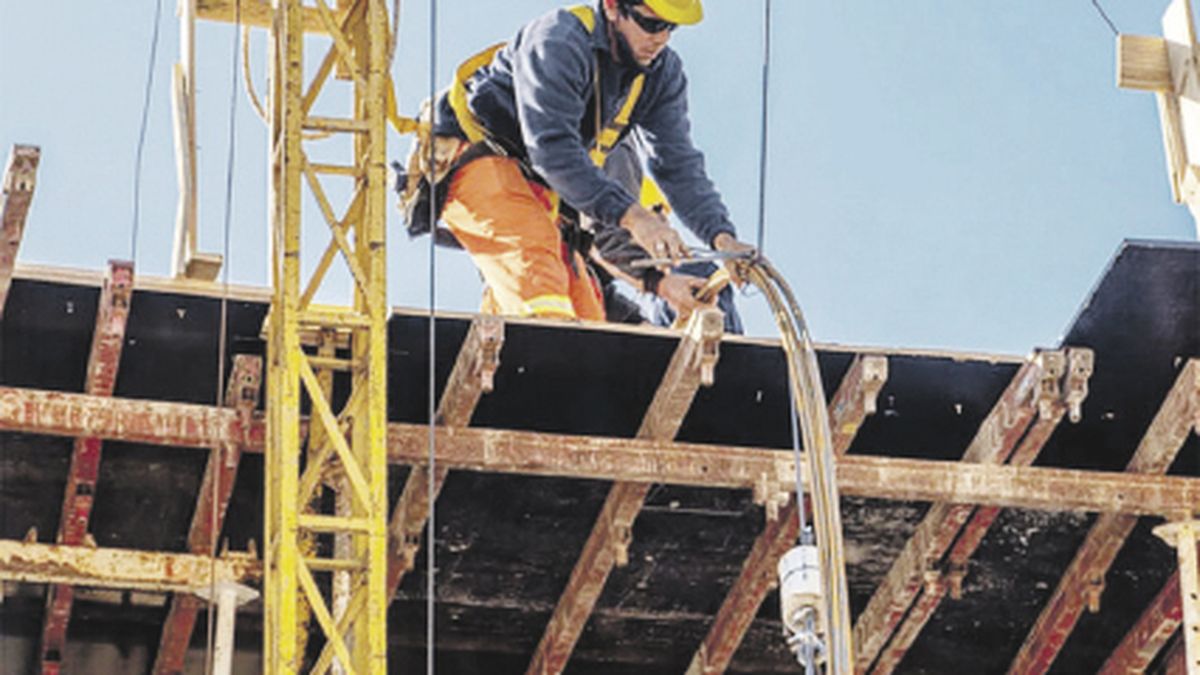However, this “mantra” has slowed down the breaking down of classic gender roles, for example through more parental leave, shows a study by Sonja Dörfler-Bolt (Institute for Family Research) presented on Tuesday. Most recently, only 3.3 percent of childcare benefit recipients were male – one of the lowest figures in 15 years.
There is still a clear gender gap in the division of paid and unpaid work across Europe. However, the differences between the individual countries are sometimes enormous, as shown by Dörfler-Bolt’s comparison of Austria and progressive Sweden, which she presented at an online press conference by the “Wissenschaftsnetz Discourse”. In both countries, a lot has happened in the division of parental work since the 1990s, but Austria is still much more traditional, as the most current available figures show.
Difference between Sweden and Austria
In Sweden, 50 percent of mothers with children under the age of three work (data from 2020), in Austria it is only a third (2021). In this country there are also more mothers who neither work nor are on maternity leave (35 percent compared to a quarter). At the same time, only 16 percent of fathers whose children were born in 2019 received childcare benefit at some point after the birth; in Sweden, 88 percent of fathers were on parental leave. Sweden’s men also participate significantly more in cooking and housework. The assessment of women’s full-time employment fits in with this: 57 percent agree (very much) with the statement that the family suffers from this. In Sweden just 16 percent say that.
This vote is disabled
Please activate the category Targeting cookies in your cookie settings to display this item. My cookie settings
- also read: It’s a done deal: full parental leave only with fathers’ participation
New EU directive since 2024
Only since this year – due to an EU directive – has the rule in Austria been that at least two months of maternity leave must be reserved for fathers. For the first time, the maternity leave rules are designed in such a way that they contribute to the dissolution of classic gender roles, says Dörfler-Bolt. This change will only be reflected in the figures after a delay of one and a half years. The previous “mantra of freedom of choice” prevented an earlier change towards equality. If more fathers are really to be brought into unpaid work, a clear policy in this direction is needed. “That would ultimately also change attitudes” – in companies and elsewhere, emphasized Dörfler-Bolt.
The fact that men with families work full-time is not currently in question, even among couples who have agreed to share care work equally. This is shown by a qualitative survey by sociologist Gerlinde Mauerer (University of Vienna). Overall, the participation of men in family work is “not yet formative” in the image of men. Compared to men who do not take maternity leave, the fathers surveyed do well when it comes to their involvement in childcare. But women still tend to be more burdened – and that’s not at all due to the cliché of mothers who in reality “don’t let fathers get involved,” emphasized Mauerer. According to the survey, mothers are more often responsible for planning – from kindergarten placement to the availability of suitable clothing to maintaining social contacts. Since women are usually on maternity leave for longer and work part-time more often, they have to compensate for the fact that their partners often have less flexible working conditions.
My themes
For your saved topics were
new articles found.
info By clicking on the icon you can add the keyword to your topics.
info
By clicking on the icon you open your “my topics” page. They have of 15 keywords saved and would have to remove keywords.
info By clicking on the icon you can remove the keyword from your topics.
Add the topic to your topics.
Source: Nachrichten




